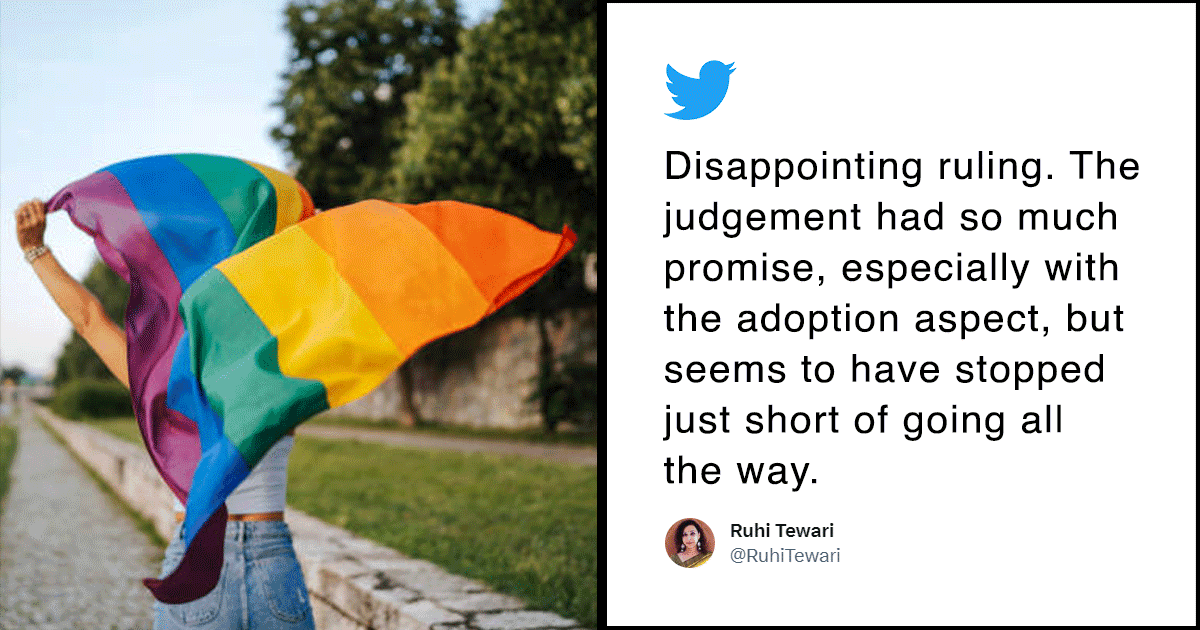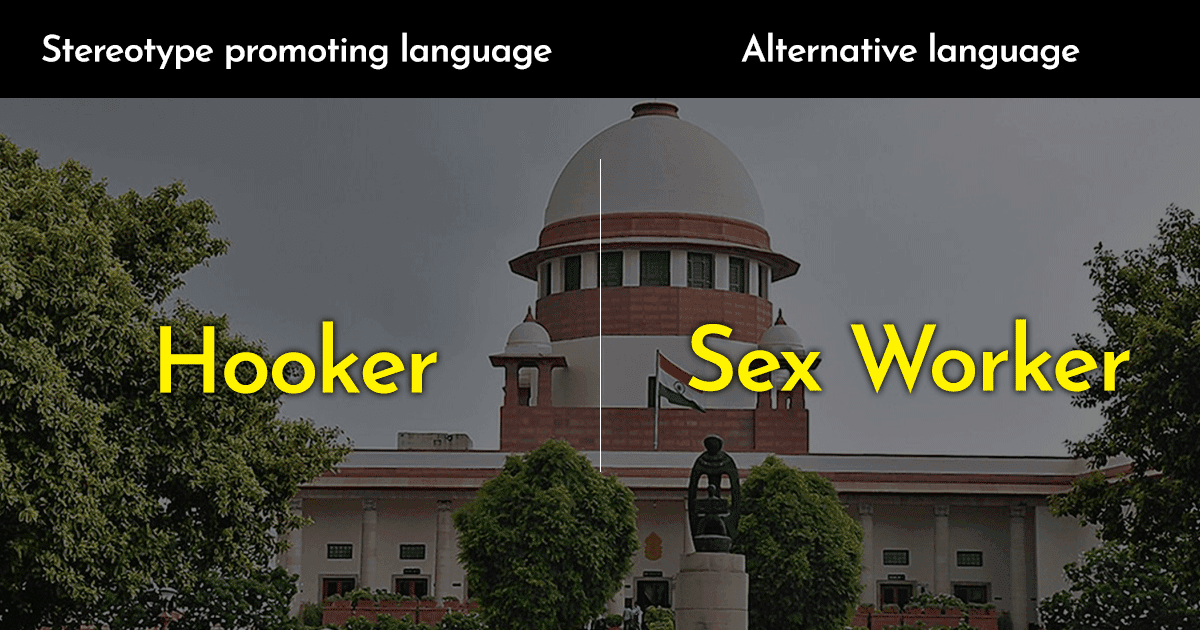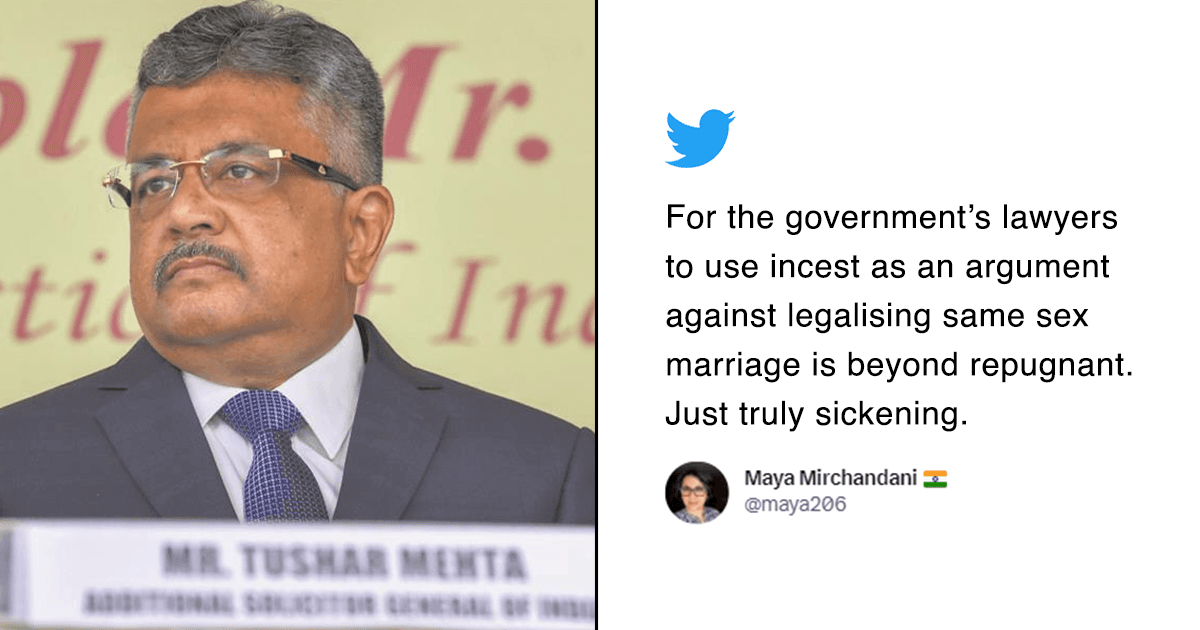The queer community seems to be remembered only during Pride Month. Corporates, student groups and content creators alike start creating content, events and projects around LGBTQIA+ people during June.
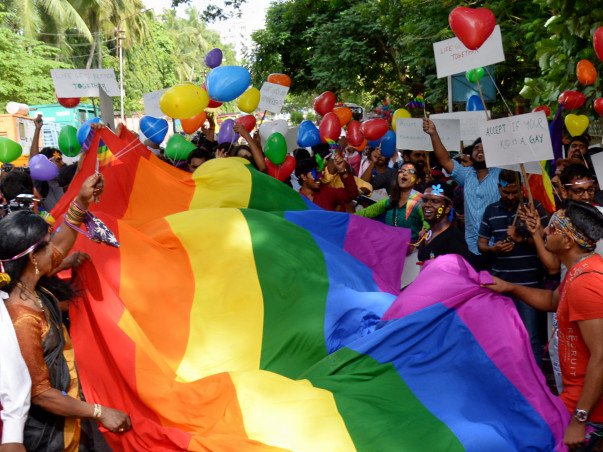
Despite the saturation by cisgender heterosexual people, you may not know how to be an ally. There is no one right way to be a great ally, but here are things that you can do to be a better ally to the LGBTQIA+ community. After all, it’s the bare minimum that you can do this Pride Month.
1. Check your privilege
Everyone has some sort of privilege – whether it’s gender, class, education, able-bodied, caste or sexuality. There are some things you will not think or worry about just because of your identity. Understanding your own privileges can help you empathize with marginalized LGBTQIA+ people.
2. Educate yourself on queer history
Many of the historic and groundbreaking events of the past are either unknown or overshadowed by vain celebrations. Educating yourself on major events, people and pieces of pop culture that have positively impacted the queer movement is a starting point to being a good ally. And no, watching Call Me By Your Name, Dostana and Love, Simon are not queer history.
Paris Is Burning is a legendary documentary from 1991, an insider look at the drag culture in 1980s New York City. It reveals the brutally honest, heartfelt stories of many LGBTQIA+ youth struggling to find acceptance, happiness and a place to fit in. It is an important film today. You can watch the biopic Milk and read Allen Ginsberg’s Howl.
Other than the movies, you must learn about the Stonewall Riots, a pivotal point for the Gay Rights Movement.
3. Confront your bias
You need to challenge any bias, stereotypes, and assumptions you did not realize you had. Think about the jokes you make, the pronouns you use and if you wrongly assume someone’s partner is of a particular sex or gender just because of the way they look and act. LGBTQ+ prejudices can be subtle and transphobia and biphobia exist even within the LGBTQ+ community. Being a better ally means being open to the idea of being wrong sometimes and being willing to work on it.
4. Don’t assume
Do not assume that all of your friends, co-workers, and even housemates are cisgender and heterosexual. LGBTQIA+ people don’t look a particular way and someone’s current or previous partner(s) doesn’t define their sexuality. Remove yourself from taking part in bisexual, pansexual and asexual erasure.
Do not say “oh, I thought so” when someone comes out to you. More often than not, that assumption is vested in sterotypes. Not assuming will give people their space to be authentic and open up in their own time.
5. Don’t take up space
Being a good ally means supporting the community’s artists, hosting panels for queer sex educators, or providing a meet-and-greet space for the most marginalized identities. Help in organizing inclusive events and disassociate from anti-trans or anti-sex worker people in social and private spaces. There’s a phrase: “Pass the mic.” It’s essential to learn how and when to do that, on an individual level as well as a larger one.
You can amplify and donate to queer fundraisers, buy zines, books, prints by queer artists and pay for gigs, since monetary support is what’s most immediately important.
6. Pride is not a party
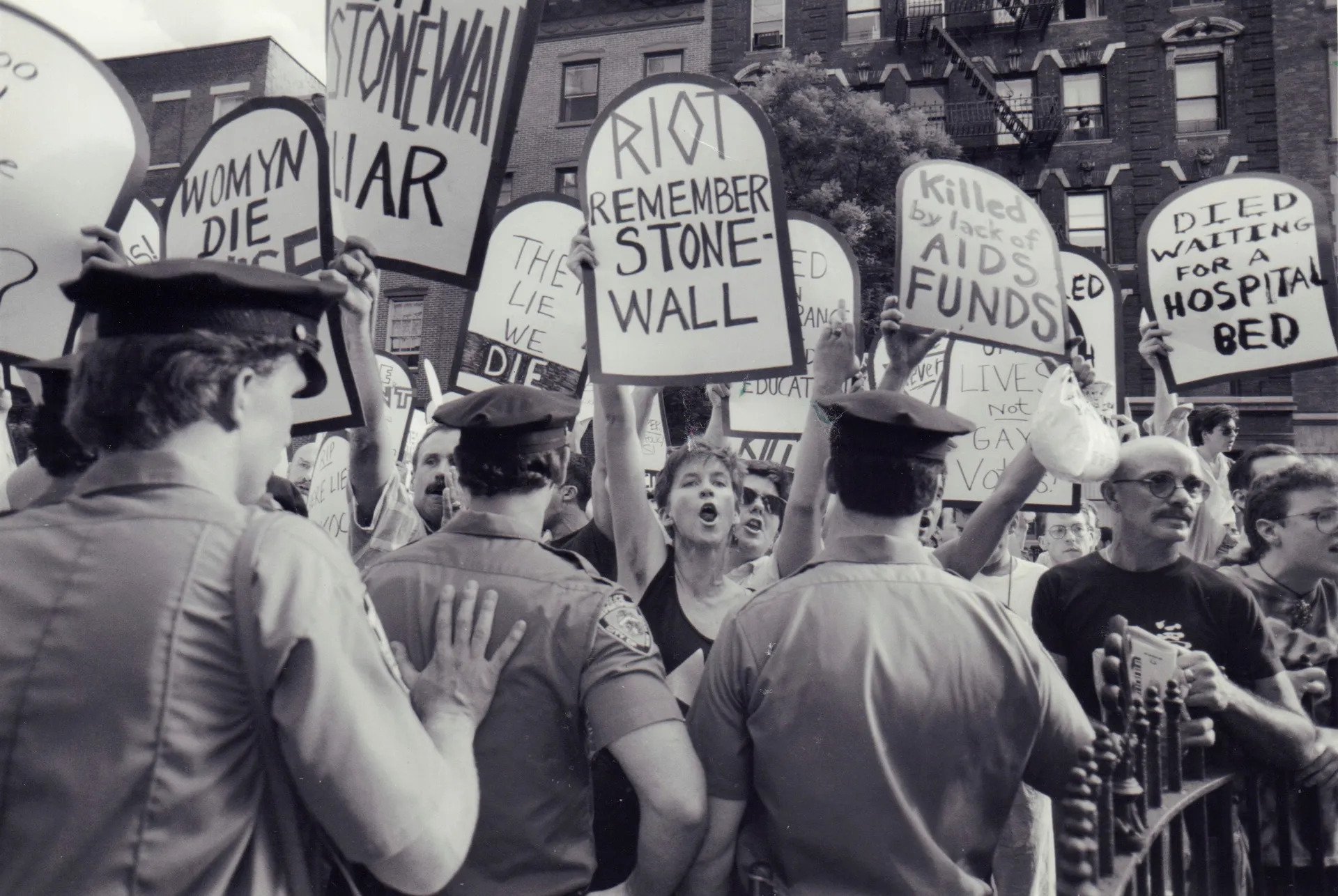
The first Pride parade was a riot, but it has now turned into block party opportunities. Straight people strut to parties in their rainbow gear, get drunk, avoid the contemporary queer neighborhoods, and head home. Pride Month should be celebratory, but it should always center the queer community’s resilience, the struggle to survive, and the issues that impact the members all year long.
Being an ally starts with stepping back and listening to LGBTQIA+ people. Showing up where asked — whether to protest against transphobic policies or donate to fundraisers— is the kind of support that has the power to promote real, lasting change.
7. Language is important
Pronouns are not just “he/him” and “she/her”, “they/them” pronouns are not grammatically incorrect and neo-pronouns are not “unrealistic”. It is basic decency to know and respect a person’s pronouns, despite how long you’ve known them with their previous pronouns. Being brought up in heteronormative societies, our speech is largely exclusionary and demeaning. Inclusivity may or may not come naturally, but it is non-negotiable.
Before addressing someone, ask them their pronouns and introduce yourself with yours even if you are cisgender. Do not dead name trans people and do not pass seemingly harmless comments about anyone’s appearance. Also, refrain from asking any intrusive questions, be it about coming out, SRS or any other doubts you may have. Your curiosity is better suited for the internet or libraries.
8. Do not support pinkwashing
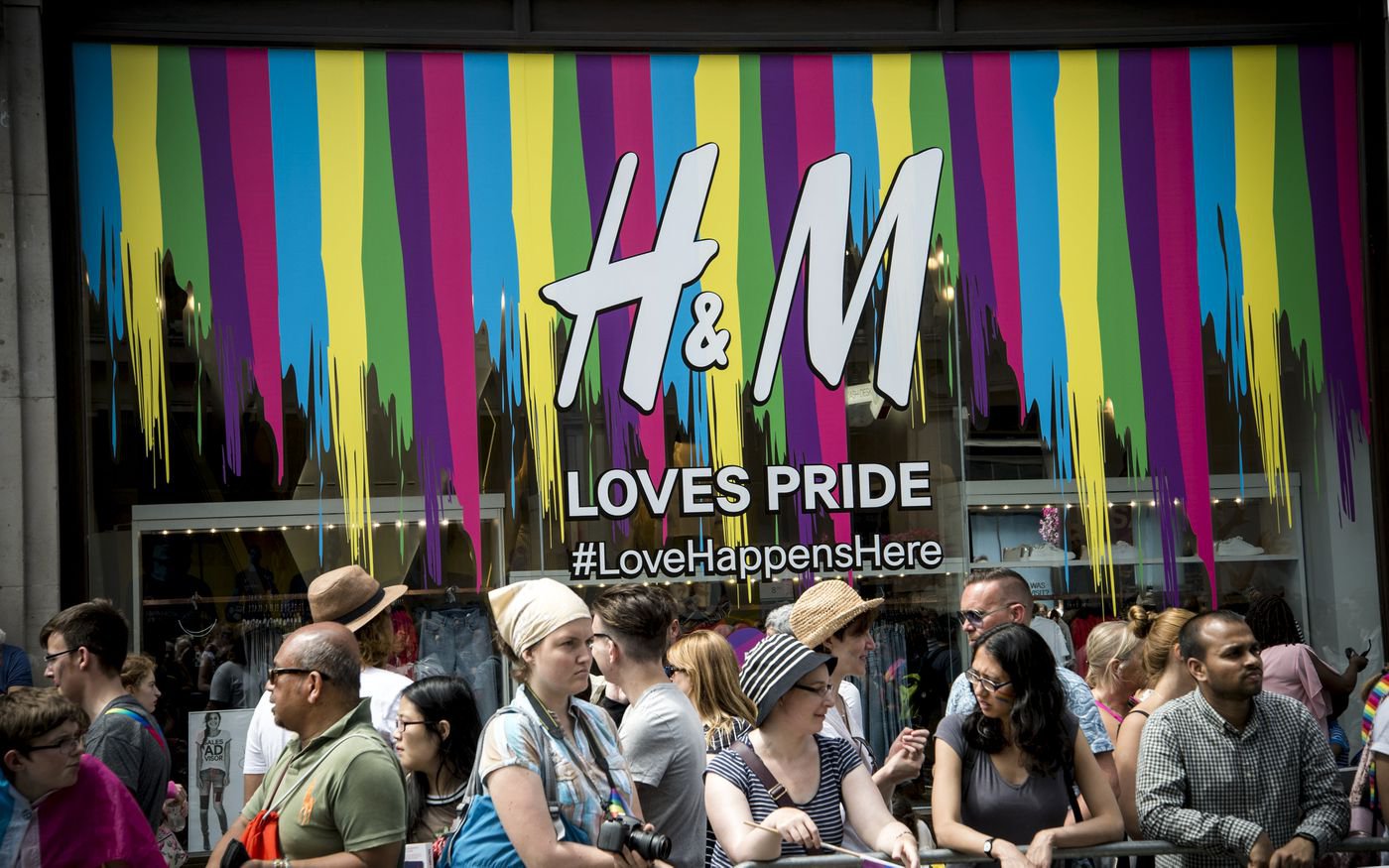
Be mindful and aware of pinkwashing: the act of slapping a rainbow on to everything and hashtagging #LoveIsLove in June. When you see it, ask yourself: what is this entity doing for the other 11 months of the year? (Does it support queer rights? What benefits does it give its LGBTQ+ employees? And how does it cater to its non-heteronormative clientele?) Only then decide to support them. The key is to understand the difference between exposure and appropriation. When allies pick and choose the tropes of queer life they wish to highlight, they often choose those that are most engaging to the public. However, it also takes away space from untold stories like those of nonbinary and genderqueer people.
Queer existence is not a marketing tool or a brownie point. It’s a person’s life, so don’t co-opt it.
9. Respect people’s privacy
Pride is a celebration of identities but not everyone is comfortable sharing this identity elsewhere. Be extremely cautious while taking about and uploading photos that may out someone without their consent. Ask them before uploading photos or taking about someone’s identity to other people. Not everyone is out and about, and even if they are, not all of them are comfortable with being spotted at queer spaces. The privacy of other people’s celebration must be respected.
10. Do not use queer bodies as research
Queer people spend most of the time explaining themselves. Be it educating aunties or their peers. They do not owe this explanation, regardless of how many times they are forced to do this. If you are at pride to research, or even just learn, keep in mind, that majority of the people are there to celebrate their identities and not to be interrogated.
Do make silent observations, listen when speeches are given and slogans are raised. Ask anyone you are interviewing if they are comfortable in answering, take consent before publishing their answers or names anywhere and do not reduce queer bodies to research material.
It is essential to prioritize battles, create a safe space and be angry, resilient and hopeful. Pride is not blingy outfits but is a platform to prepare for battles. In such spaces, the presence of any corporate sponsored floats, brand names are demeaning, because they are here not to support queers but to get queer support.
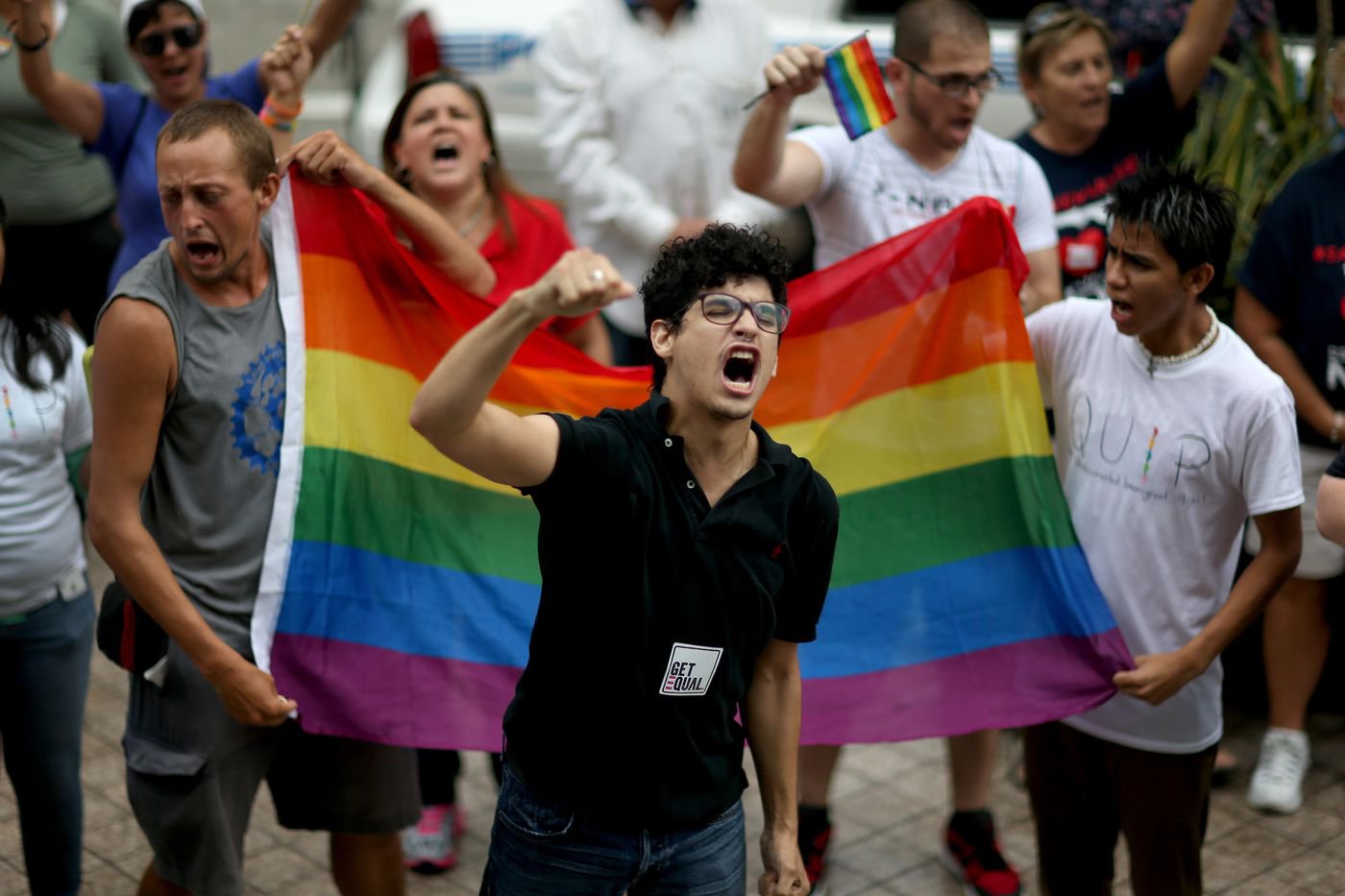
Thus, attending a parade is exciting, it is also a step forward in the revolution. As you step into pride, feel liberated with queer peers but also extend this liberation to everyone.




